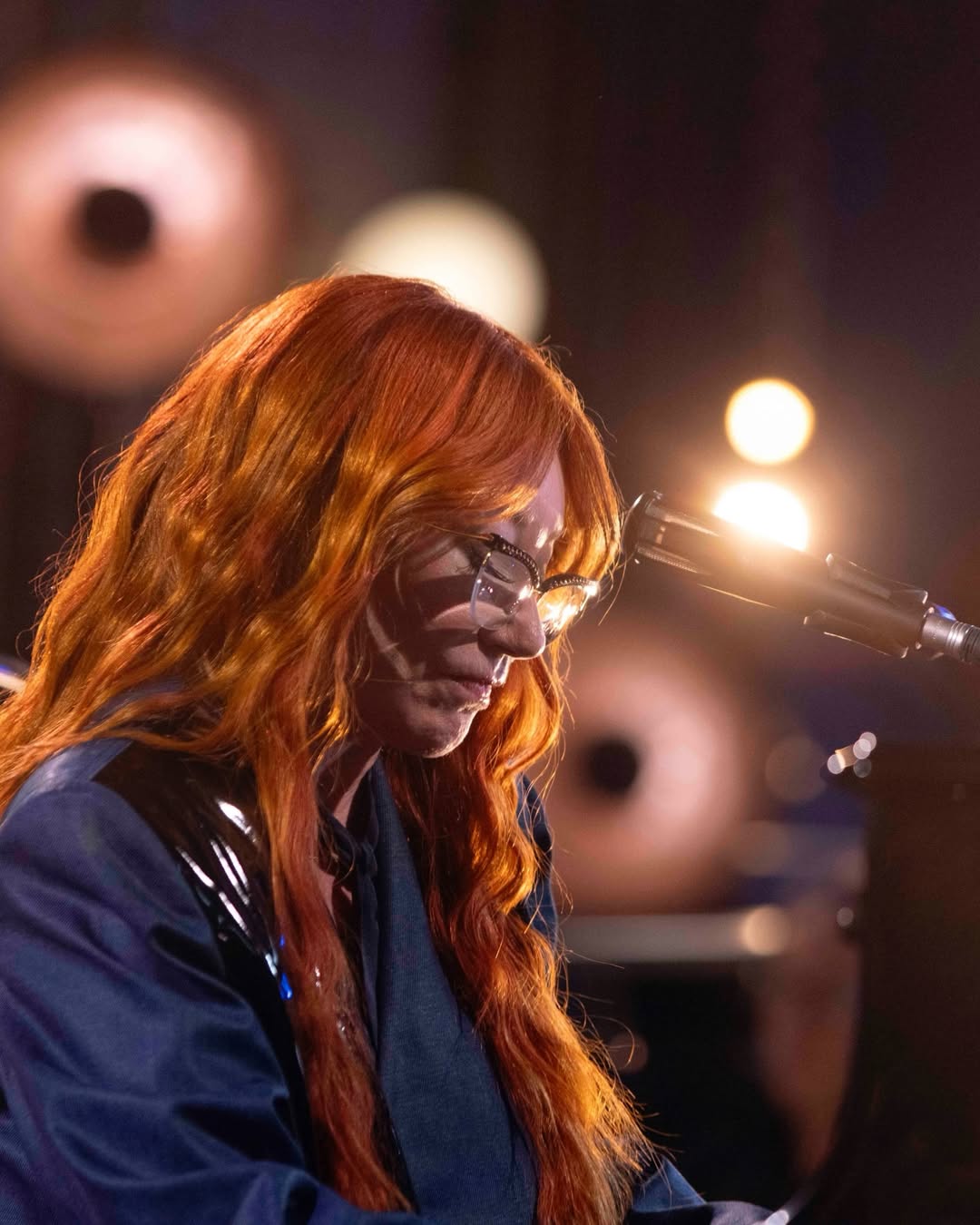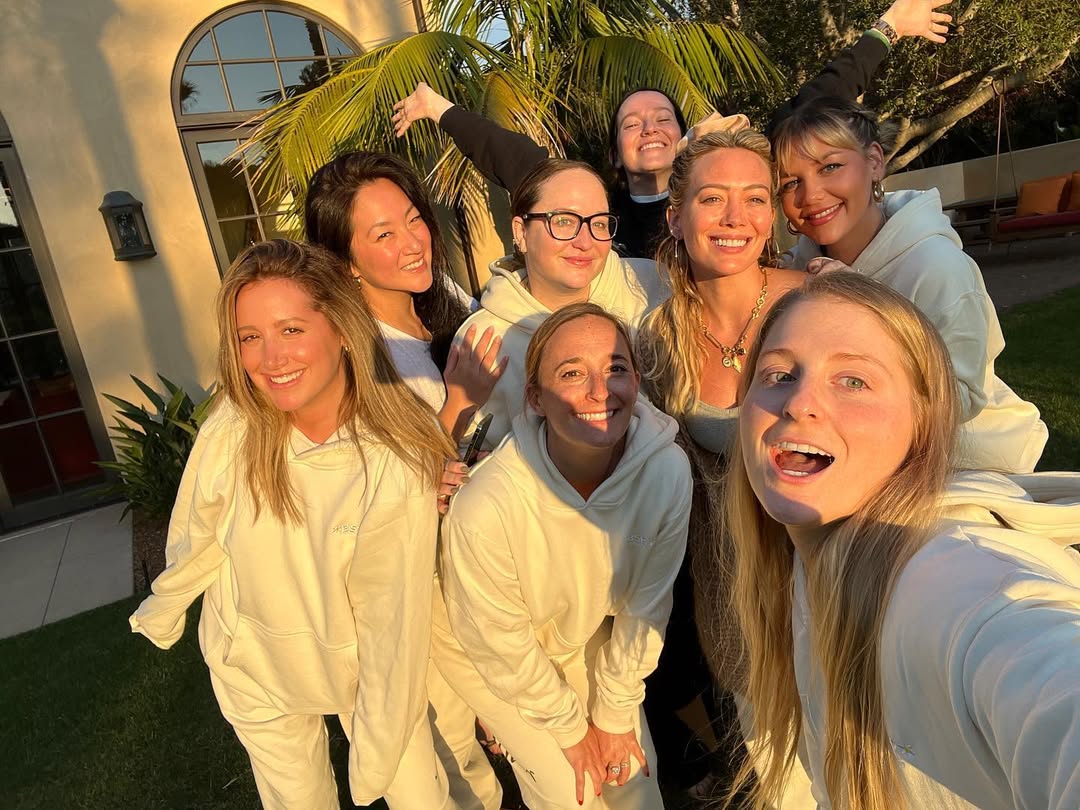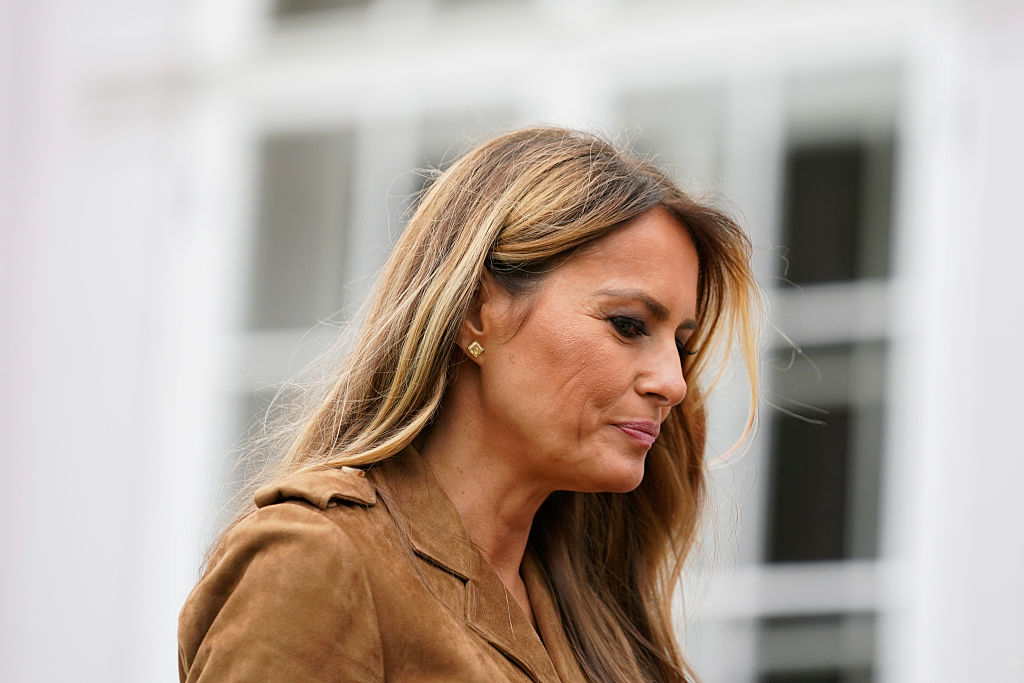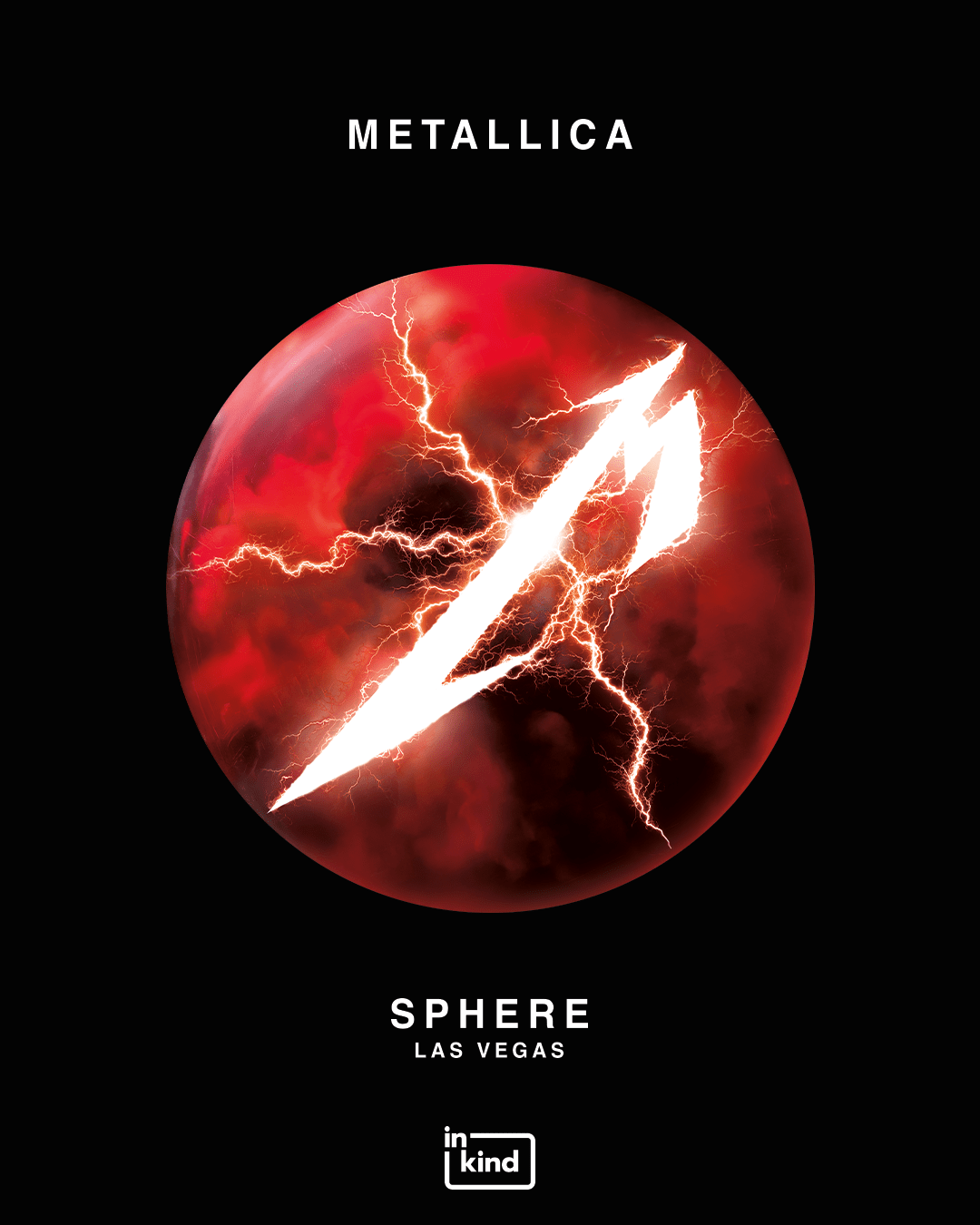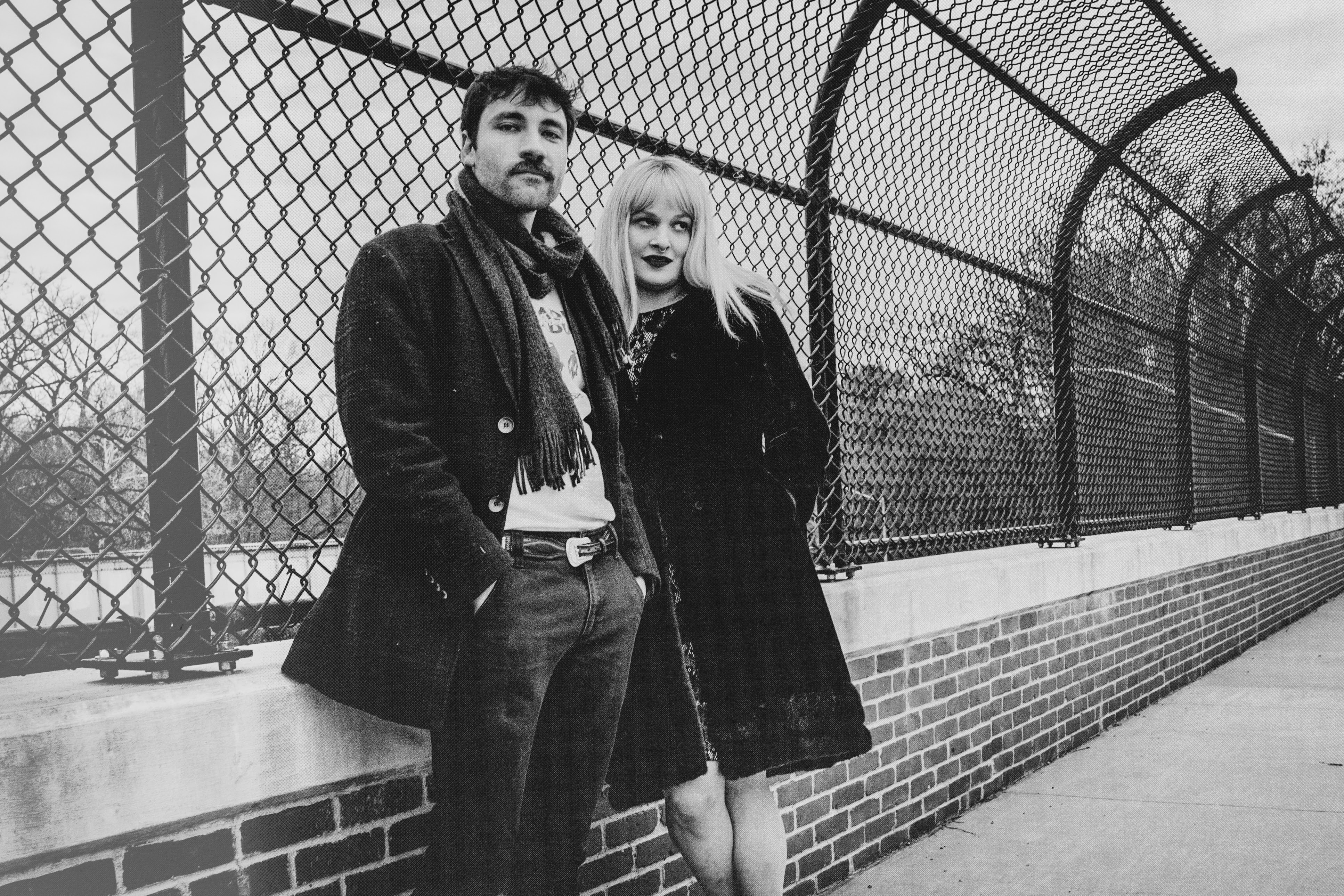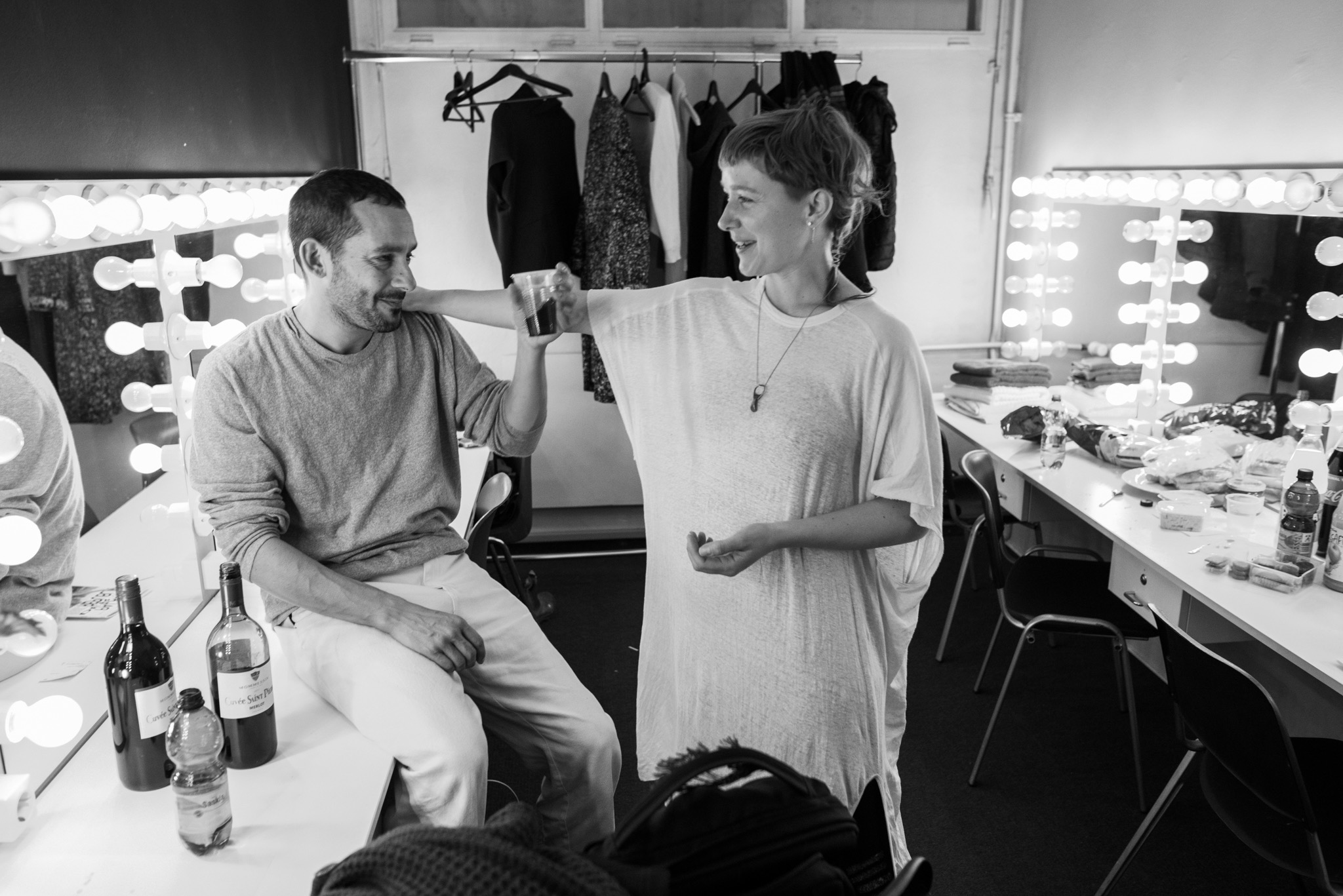Fyre Fraud, a documentary chronicling the lead-up and aftermath of 2017’s disastrous Fyre Festival, is airing on Hulu.
Hulu dropped the documentary, produced and distributed by The Cinemart, Hulu, Billboard, and Mic, Monday morning, with no advance notice. Netflix’s competing documentary, Fyre, comes out 1/18.
The 96-minute Hulu doc features an exclusive, extensive post-festival interview with 25-year old entrepreneur and Fyre Festival mastermind Billy McFarland, who is serving a six-year prison term after pleading guilty to wire fraud charges. By turns repentant and defensive, he seldom takes direct responsibility for allegedly defrauding investors out of more than $26 million or admits wrongdoing.
McFarland planned the ultimate festival for millennials on a private island in the Bahamas in April 2017. He sold the festival on the allure of appearances from Blink 182, Migos, Disclosure, Lil Yachty and other artists, as well as an immersive experience complete with access to influencers, unlimited alcohol and accommodations in luxury villas for $25,000 per person.
However, as the doc shows, shocked festival goers arrived on an island that provided no accommodations, food, concert area or artists (all of whom pulled out once their advances did not come through), and found themselves stranded with no immediate way off the island. As the attendees tweeted their desperate plight, McFarland’s attorneys sent them cease-and-desist notices.
Directed by Emmy-nominated, Peabody-award winners Jenner Furst and Julia Willoughby Nason, the film examines not only McFarland’s elaborate schemes — prior to and, amazingly, after Fyre Festival — but looks at the social media culture that allowed thousands of festival goers to be so thoroughly scammed despite multiple red flags.
In a statement, the pair call the documentary, “a cautionary tale for a generation … Billy McFarland offers us a window into the mind of a con artist, the insidious charm of the fraudster and how they can capture our imaginations, our investment, and our votes in the age of Trump…Our aim was to set the stage for a strange journey into the moral abyss of our digital age, going beyond the meme to show an ecosystem of enablers, driven by profit and willing to look the other way, for their own gain.”
While diving deeply into the debacle of the Fyre Festival, which was itself meant to launch an app called Fyre that would allow people, in Tinder-like fashion, to book celebrities for appearances, Fyre Fraud delves into the millennial culture that thrives on FOMO (fear of missing out) and how McFarland— and to a lesser extent, his partner, rapper Ja Rule— tapped into the generation’s obsession with influencers, such as Kendall Jenner and Bella Hadid—both of whom McFarland convinced to hype the festival. (Though it’s unclear how much McFarland paid Jenner, it’s revealed that she receives up to $250,000 to endorse an event on social media.)
Layer by layer, through interviews with McFarland, Fyre Festival staff, attendees, investors and a number of journalists, Furst and Willoughby show how from second grade on, McFarland was on the hustle and his scams became more audacious and bold over time, leading up to his greatest failure. As it becomes clear that the island will not be ready to handle the festival more than four months before the event, McFarland grows ever more desperate but refuses to cancel as he has to keep bringing on investors and attendees to pay off debts he has already incurred, at one point taking on a $3 million loan with a 120 percent interest rate.
The documentary ends with McFarland in prison, keeping in close contact with his loyal, model girlfriend, operating another scam.
In addition to telling a compelling tale, Furst and Nason hope Fyre Fraud serves as a wake-up call, saying, “We hope this piece can pierce our collective apathy and disrupt our own millennial peers, if only for an instant - to look at these stories for what they truly are, and to halt this algorithm before it devours us whole.”
[videoembed size="full_width" alignment="center"][/videoembed]
This article originally appeared on Billboard.

